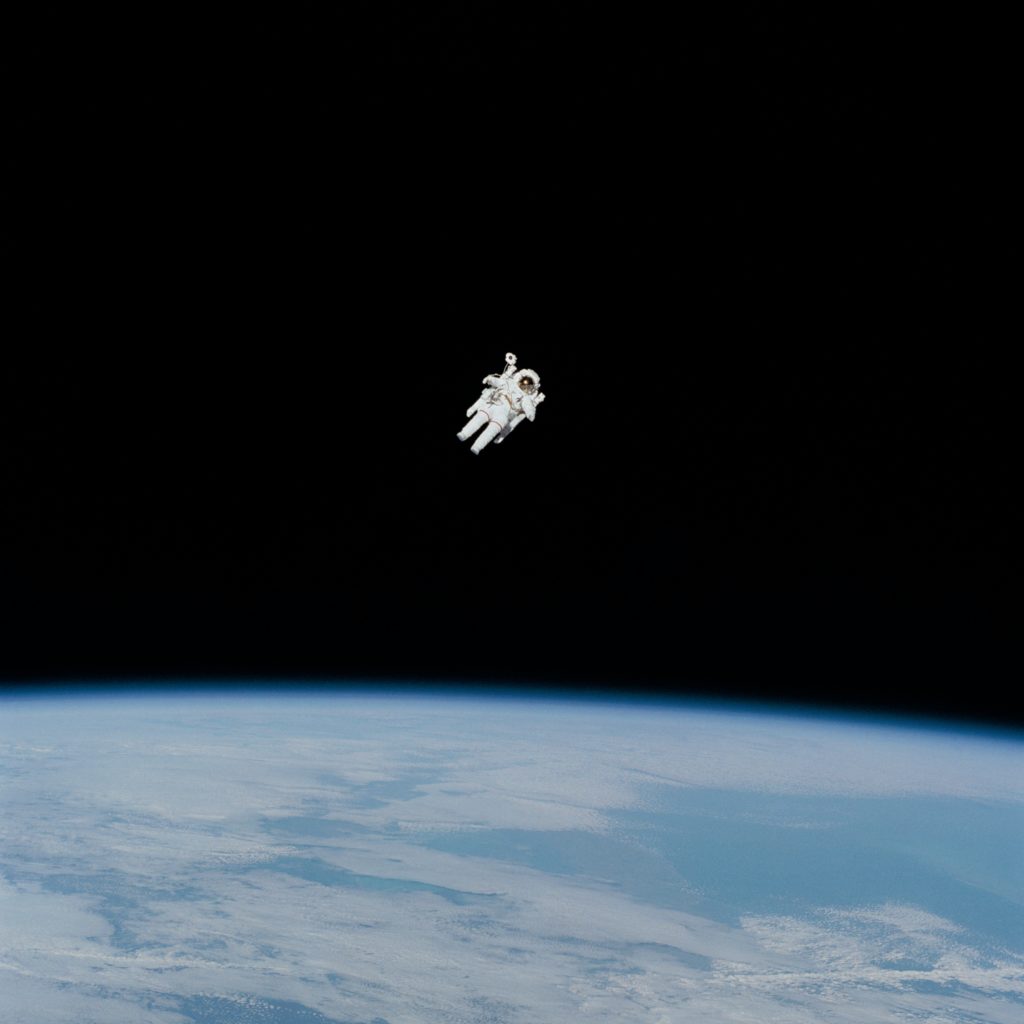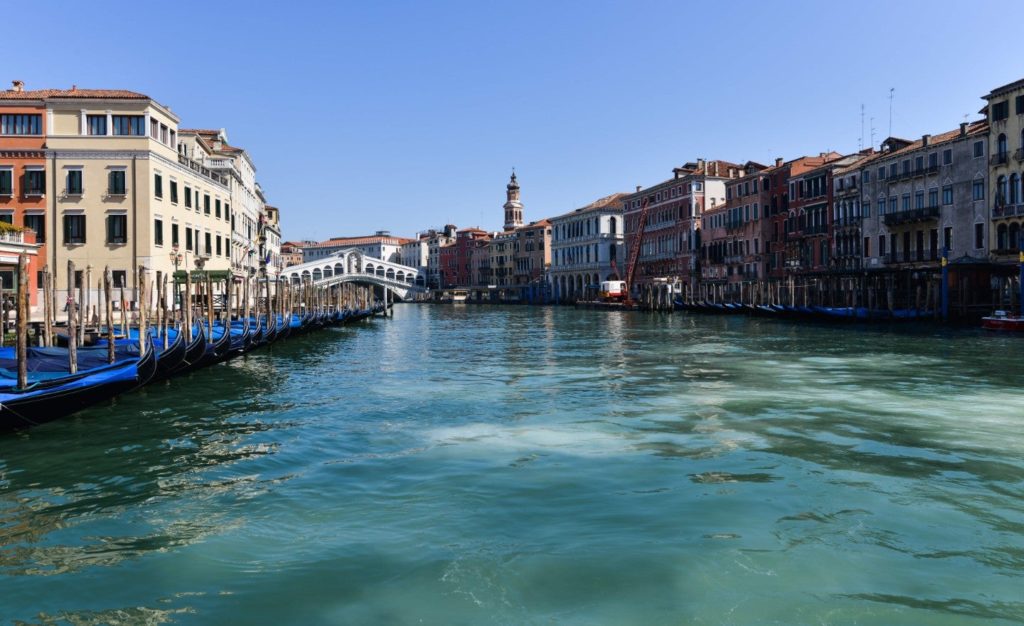
Today is the day to celebrate the big blue marble that we live upon. Instead of giving you a history of the day, as is my want, I am going to take a look at the effects of the worldwide pandemic on our planet.
This is from the website: voicesofyouth.org, the underlined phrases should link you to other articles.
Photos of reduced smog in China, unpolluted canals in Italy, and wild animals roaming the streets in the United States have been shared all over Facebook, Instagram, and Twitter over the past few weeks, helping give hope to a demoralized global population.
However, many of those photos are some of countless examples of the harmful misinformation that has spread over the internet during the pandemic – they have perpetuated a false narrative of an environment saved by a few weeks of quarantine and ignored the negative environmental impacts that have instead ensued.
To begin, the pandemic has led to the abandonment of many environmental sustainability programs – in the United States, smaller municipalities have halted recycling programs due to the risks associated with the spread of the virus.
Likewise, Italy has banned infected residents from sorting their waste at all. Additionally, many corporations have overturned disposable bag bans and begun relying once again on single-use plastics, and many restaurants are no longer accepting reusable containers – in early March, Starbucks announced a temporary ban on using reusable cups.
Furthermore, with more and more consumers isolated at home, there has been an increasing number of online purchases and meal deliveries made. This has not only caused the disposal of more single-use plastic packaging, but has further required more fossil fuels to be burned for the individual transportation and distribution of goods.
There has also been an increase in medical waste – much of the personal protective equipment that healthcare professionals are using can only be worn once before being disposed of. Hospitals in Wuhan, for example, produced over 200 tons of waste per day during the peak of their outbreak, compared to an average of less than 50 tons prior.
Even if mass isolation were aiding in the reduction of climate change, it would not be a sustainable way of cleaning up the environment.
The UN news agrees. I’ve attached a link to their article. If you click on ‘UN news’, it will open a new page for you.
Now, keep in mind that both of these sites are more liberal than conservative. Apply your own political leanings as you read.
There are images that show that the air and water are clearing.

From cnbc.com (click the site to find a clickable link):
As coronavirus quickly spreads around the world, it’s forcing people to stay put, and wreaking havoc on the economy. Millions are either out of a job or working from home. Factories are shuttering, and with mandates to stay inside becoming the new norm, people aren’t driving or flying.
All this has led to a massive drop in air pollution, which kills a total of 4.2 million people every year, and over 1 million in China alone. The last two months have seen a huge uptick in air quality, especially in hard-hit areas like Wuhan and Northern Italy, as well as a number of metropolitan areas throughout the U.S.
While the coronavirus outbreak will probably be a setback for global climate change priorities and investment overall, this temporary reduction in carbon emissions is notable. By one conservative estimate, cleaner air has saved about 50,000 lives in China alone over these past few months.
While experts caution against viewing these numbers as a cost-benefit calculation around pandemics, some climate scientists hope that they will help shed a light on the massive environmental impact of our everyday habits and economic activities, potentially leading to some positive change after the crisis subsides.
So, some positives and negatives to look at this #EarthDay.
Form your own opinions. Sonja